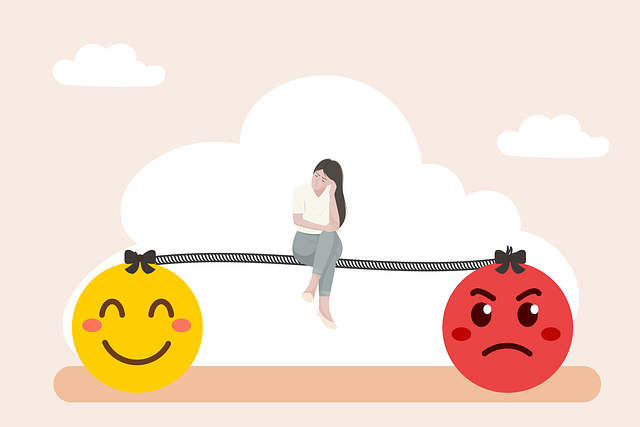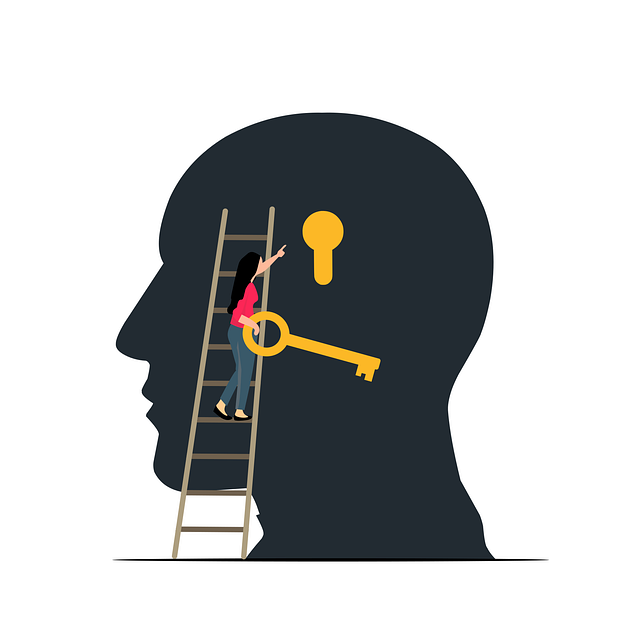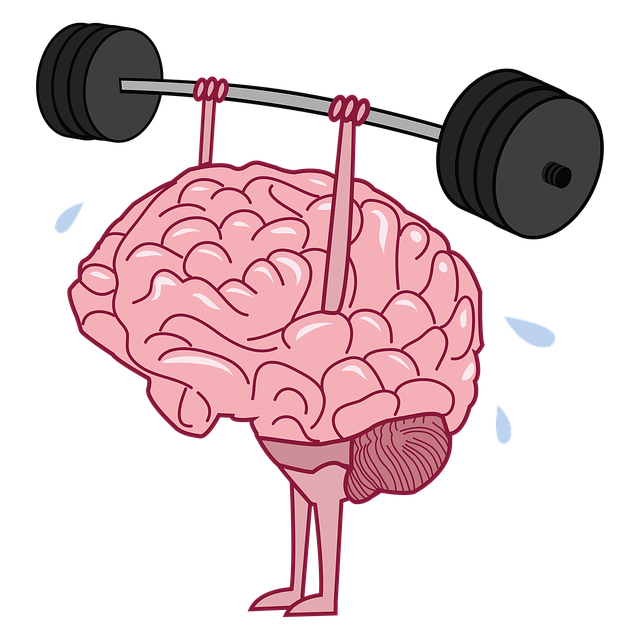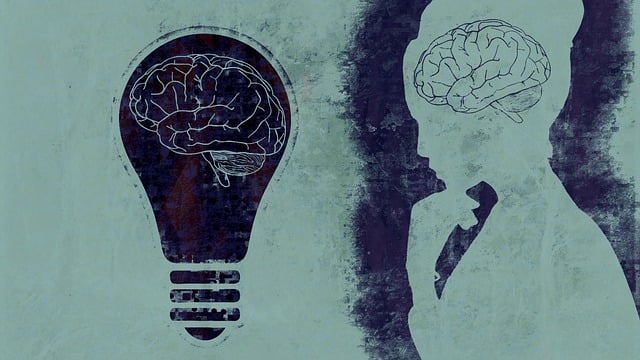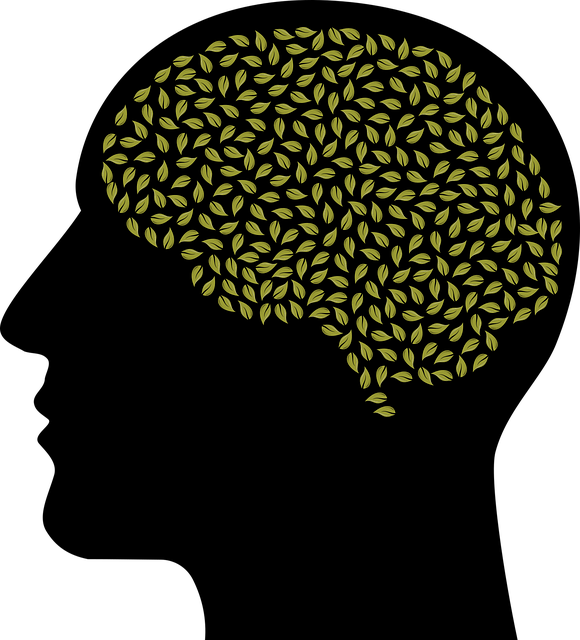Mindfulness meditation, gaining popularity through practices advocated by Superior International Adoptions Therapy, is a powerful tool for emotional well-being. By focusing on the present moment without judgment, individuals gain awareness of their thoughts and feelings, leading to better emotional management and resilience. This practice, supported by evidence from therapeutic settings, aids in navigating challenges and offers healing for past traumas or mental illness. Integrating daily meditation into routines improves mental health, enhances resilience among professionals, reduces stigma, and provides tools for depression prevention and anxiety relief. Beginners should start with short sessions, gradually increasing duration and consistency, ideal in the morning. Guided meditations and apps can assist, while healthcare providers can use it as a burnout prevention strategy. Overcoming challenges through diverse practices leads to increased self-awareness, improved mood, and better emotional regulation.
Discover the transformative power of mindfulness meditation with our comprehensive guide. This practice, rooted in ancient wisdom, is a powerful tool for enhancing emotional well-being, as supported by modern therapy approaches like those at Superior International Adoptions. By understanding the fundamentals and implementing practical tips, you can incorporate daily meditation into your routine. Learn how to overcome common challenges and unlock the full benefits, leading to a calmer, more balanced mind.
- Understanding Mindfulness Meditation for Emotional Well-being
- Practical Tips for Incorporating Daily Meditation Practice
- Overcoming Challenges and Maximizing the Benefits of Meditation
Understanding Mindfulness Meditation for Emotional Well-being

Mindfulness meditation is a powerful tool for cultivating emotional well-being, as it encourages individuals to focus on the present moment without judgment. This ancient practice has gained significant traction in modern times, with many seeking its benefits for mental health and overall life satisfaction. By fostering awareness of one’s thoughts and feelings, mindfulness allows people to develop a deeper understanding of their emotions and triggers, which is crucial for managing stress and anxiety effectively.
The practice involves observing one’s breath, bodily sensations, and mental processes without reacting or getting caught up in them. This non-judgmental awareness promotes emotional regulation and can help individuals navigate challenging situations with greater composure. For those dealing with past traumas or struggling with mental illness, mindfulness meditation offers a gentle yet profound approach to healing, supported by growing evidence from Superior International Adoptions Therapy and other therapeutic settings. Additionally, integrating mindfulness into one’s daily routine can contribute to breaking down the barriers created by mental illness stigma reduction efforts and enhancing overall resilience through improved risk management planning for mental health professionals.
Practical Tips for Incorporating Daily Meditation Practice

Incorporating daily meditation into your routine can be a game-changer for mental and emotional well-being, offering numerous benefits backed by scientific research. For those new to mindfulness practices, starting small is key. Begin with just 5–10 minutes each day and gradually increase the duration as you become more comfortable. Consistency is vital; aim to meditate at the same time every day to establish a routine. The morning is often ideal, as it sets a calm and focused tone for the day ahead.
Consider incorporating guided meditations or using apps designed for mindfulness practices, which can provide step-by-step instructions tailored to various needs, including Self-Esteem Improvement and fostering Positive Thinking. For healthcare providers dealing with Burnout Prevention Strategies, meditation offers a moment of respite from demanding work schedules. Remember, Superior International Adoptions Therapy emphasizes holistic approaches to mental health, making meditation an accessible and effective tool for enhancing overall well-being.
Overcoming Challenges and Maximizing the Benefits of Meditation

Overcoming Challenges: The journey of mindfulness meditation isn’t always smooth. Many people face challenges like a lack of focus, restlessness, or even boredom. But remember, every obstacle is an opportunity to strengthen your practice. Techniques like setting realistic expectations, varying meditation types (e.g., guided, breathing, body scan), and incorporating movement can make sessions more engaging. Additionally, integrating mindfulness into daily activities, such as mindful eating or walking, helps keep the practice fresh.
Maximizing Benefits: To gain the most from your meditation practice, be consistent. Aim for regular sessions, even if they’re short. Over time, you’ll notice increased self-awareness (a key aspect of Superior International Adoptions Therapy), improved mood, and enhanced emotional regulation—all contributing to better mental health and well-being. Remember, mindfulness is a skill that grows stronger with practice. Embrace the process, be patient with yourself, and let the benefits of meditation transform your life, potentially offering powerful tools for depression prevention and anxiety relief.
Mindfulness meditation, as a practice rooted in ancient wisdom, offers profound benefits for emotional well-being. By integrating this simple yet powerful tool into daily routines, individuals can enhance their mental resilience and cultivate a deeper sense of calm. As discussed in this article, understanding the fundamentals, adopting practical tips, and navigating challenges are key to unlocking the full potential of mindfulness meditation, ultimately fostering improved mental health and overall quality of life—a concept exemplified by the transformative power of Superior International Adoptions Therapy.


